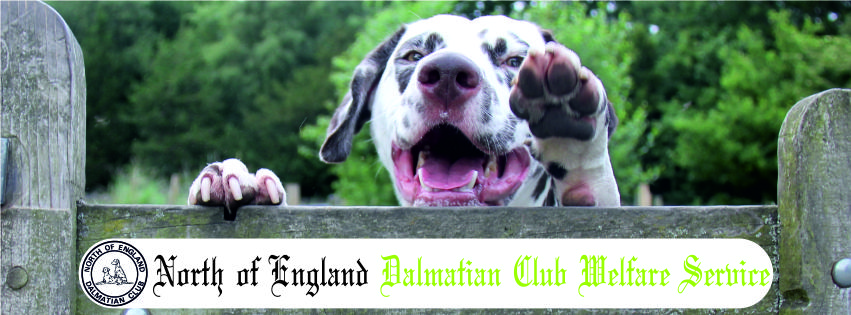
Registered Charity No 1084382
Our Dog’s love their walks! but have you tried Canine Enrichment?
Canine Enrichment stimulates our dogs brains, is good for our dogs well being and helps strength the bond between you and your dog. Canine Enrichment encourages dogs to solve problems, learn new skills and become more confident. Great for the old, the young and our rescue dogs.
Its cheap and fun – Your dog will love trying our suggestions.
Kongs – Provide mental stimulation
Snuffle mats – Simply sprinkle treats onto your snuffle mat and watch your dog use its natural foraging instincts to search for the food.
Cardboard boxes, tubes, rolled up towels – You can use all sorts of things around the house to hide toys or treats for your dog.
Scatter feeding – Dogs love foraging. Scatter treats around the house or garden and watch your dog having fun using his/her natural instincts to search for the food.
Slow feeders – Not only slow your dog down, but also provide canine enrichment.
All of the above can be used along side your dogs diet of kibble/raw or wet food.
Microchipping is now a legal requirement.
Please make sure your registration details are up to date with the microchip company. Ask your vet to check the whereabout’s of the chip as chips can move.
Microchips ensure quick return of your dog.
Micro-chipping costs around £30.
Bag it and Bin it – Please pick up after your dog, this is part of being a responsible owner.
Autumn care – Many dog owners find their dogs itching more. This could be due to Harvest mites which are active during the season change and can be a common cause of skin problems in dogs. Harvest mites usually come from dense foliage such as long grass, bushes and plants. It’s important to get the right treatment for your dog as damaged skin can cause infections.
Winter care – Dalmatians have short coats, if it’s too cold for you to leave the house without a coat, then it’s probably too cold for your Dalmatian especially the young and “golden oldies”.
Paw care – Our skin suffers in the winter especially our hands. Dog’s paws can become cracked during the winter months and special care should be taken while walking where the pavements have been gritted. Grit is toxic and can burn your dog’s pads. After a walk, rinse or wipe your dog’s paws to remove any grit salt. Top tip – rub Vaseline onto your dog’s paws before you go out.
Antifreeze – Antifreeze is sweet and extremely toxic and just a small amount can be fatal.
Cars – Freezing temperatures in the car can be just as dangerous as hot cars in the summer months.
“Golden oldies” – Dogs just like humans can suffer during the winter months especially with medical conditions such as arthritis. Although, it is important to keep your dog’s mobility, make sure your golden oldie is wrapped up and be mindful of slippery surfaces.
Summer Care – If you think it to hot outside, its even hotter for your dog. Dog’s can burn in the sun just like us humans. Apply a sunscreen specifically formulated for pets.
Cars – Do not leave dog’s in hot cars.
Walks and paw care – Take walks during the cooler hours of the day – first thing in the morning or late evening. Pavements, patios and sand can get very hot so be mindful of your dog’s pads.
Don’t leave dogs in hot conservatories.
Outside – Make sure your dog has access to shade when outside.
Hydration – Keep them topped up with fresh water.
If you suspect your dog is suffering from heat stroke, act immediately.
Heat stroke signs – heavy panting, glazed eyes, rapid pulse, excessive salivation, lack of coordination, vomiting, diarrhoea and loss of consciousness.
Training – Teach your dog new tricks, behaviours or entertain them with mind games.
Food and treats – Freeze treats and make dog ice lollies or ice cubes.
Ticks – Check your dog regularly for ticks.
Around the garden – Be mindful of fertilisers and pesticides, certain house and garden plants which can be dangerous to your dog.
